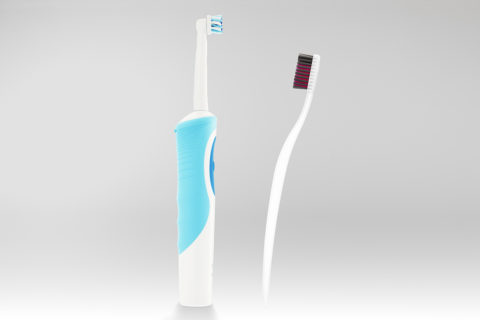What Causes Lack of Enamel?
“Susie has three cavities:” words that every mom dreads hearing at a dental check-up. Honestly, as your child’s oral health partner, we hate saying those words too. Most of us know that a “cavity” is simply a hole in tooth enamel that enables bacteria and other decay agents to invade and damage the inner tooth. What causes weak enamel or enamel lack, though? And, as a parent, what can you do to protect your kid’s enamel?
There are two medical conditions which, although fairly rare, could potentially be affecting your child’s enamel.
Enamel hypoplasia is a developmental defect that results in inadequate enamel. It can affect both baby teeth and permanent teeth. In severe cases, no enamel forms on the teeth, and in standard cases, the tooth enamel is thin and weak.
Enamel Hypomineralization is slightly more common than hypoplasia, but still relatively rare. Enamel hypomineralization occurs when developing teeth don’t absorb necessary minerals effectively, and the enamel coating remains weak. Over-exposure to fluoride can also create complications with enamel development (there is such a thing as too much of a good thing!).
The third and by far the most common cause of enamel lack in both children and adults is simply enamel erosion. You’re likely already familiar with the chief culprits behind enamel erosion in a kid’s mouth: sugary drinks (including juice!), starchy or sugary snacks, poor brushing habits, and genetics.
If your child has enamel deficiencies, what can you do about it? If your dentist diagnoses your child with either enamel hypoplasia or enamel hypomineralization, he or she will discuss treatment options with you. These could include bonded sealants, fillings, or crowns. Over time, if some of the teeth become too weak or deformed, you might need to consider a tooth extraction and replacement with a bridge or an implant. Of course, these are all more serious treatment steps to address severe cases of enamel lack.
For “normal” enamel erosion, the best way forward is helping your kid develop good oral health habits such as brushing at least two times a day (use a soft-bristled toothbrush!), limiting sugary snacks and drinks (and brush after eating or drinking them), and keeping up with consistent dental checkups. As your child’s dentist, we consider ourselves your strategic partner in caring for your children’s health, and we take this privilege and responsibility seriously. We’re here to help with preventative care, as well as detecting and treating dental challenges early, instead of letting them develop into major issues. If you have questions about your child’s enamel or are concerned about cavity development, talk to us today!


